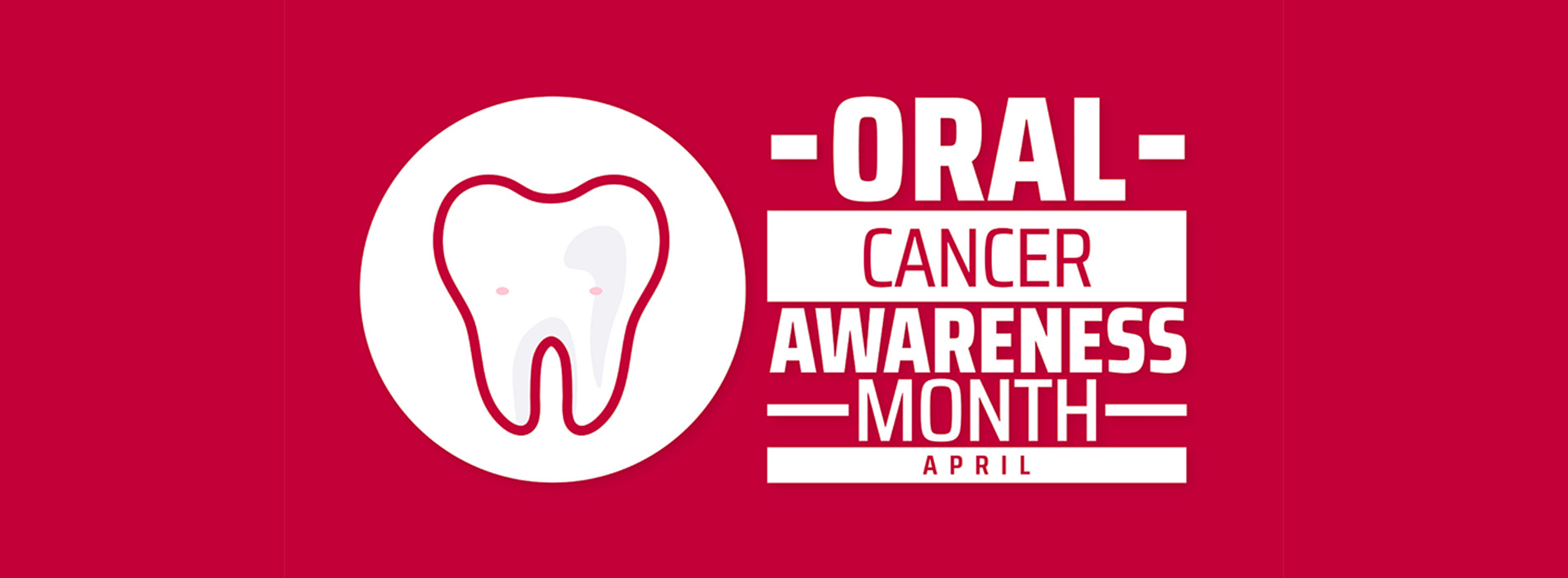April is Oral Cancer Awareness Month
April is Oral Cancer Awareness Month. Learn about risk factors, symptoms, and why early detection with a dental screening can save lives.
Learn More!
- Request a Demo
April is Oral Cancer Awareness Month. Learn about risk factors, symptoms, and why early detection with a dental screening can save lives.
Learn More!

Every April, the dental and medical communities come together to recognize Oral Cancer Awareness Month, a critical time dedicated to educating the public about the dangers of oral and oropharyngeal cancers. These cancers can develop in the mouth, throat, tongue, lips, and surrounding areas, and early detection can save lives.
Oral cancer is often detected in its later stages, making it more difficult to treat. According to the Oral Cancer Foundation, nearly 54,000 Americans are diagnosed with oral or oropharyngeal cancer each year. Sadly, the death rate from these cancers remains high—not because they're hard to diagnose, but because they are often caught too late.
By increasing awareness and promoting regular screenings, we can catch these cancers earlier when treatment is more effective and survival rates are much higher.
Some common risk factors for oral cancer include:
Even individuals without traditional risk factors can develop oral cancer, which is why regular dental checkups are so important.
Early signs of oral cancer can be subtle, which makes routine dental visits essential. Some symptoms to look out for include:
If any of these symptoms last more than two weeks, it’s important to see your dentist or healthcare provider.
Dentists play a vital role in detecting oral cancer early. During routine checkups, your dentist performs an oral cancer screening by examining your mouth, tongue, throat, and neck for any abnormalities. These screenings are quick, painless, and could be lifesaving.
Regular dental visits are more than just cleanings—they’re an opportunity to protect your overall health.
Oral Cancer Awareness Month is a powerful reminder that a quick dental visit can make a big difference. Encourage your loved ones to stay informed, get screened, and prioritize their oral health—not just this month, but all year long.
Oral cancer refers to cancer that develops in any part of the mouth, including the lips, tongue, cheeks, floor of the mouth, roof of the mouth, and throat (oropharynx).
People who use tobacco, drink alcohol excessively, are exposed to HPV, or have a family history of cancer are at higher risk. However, anyone can develop oral cancer, even without risk factors.
Oral cancer is often detected during a routine dental exam. Your dentist will look for lumps, sores, discoloration, and other abnormalities in your mouth and throat.
No, the screening is a quick and painless process that takes just a few minutes during your regular dental checkup.
Most adults should be screened at least once a year. Those at higher risk may benefit from more frequent screenings—talk to your dentist for personalized recommendations.
If your dentist finds something unusual, they may recommend a biopsy or refer you to a specialist for further evaluation and diagnosis.
Yes, especially when caught early. Treatment may include surgery, radiation, chemotherapy, or a combination of these depending on the stage and location of the cancer.
Avoid tobacco, limit alcohol, practice safe sex to reduce HPV exposure, eat a healthy diet, and schedule regular dental checkups that include oral cancer screenings.